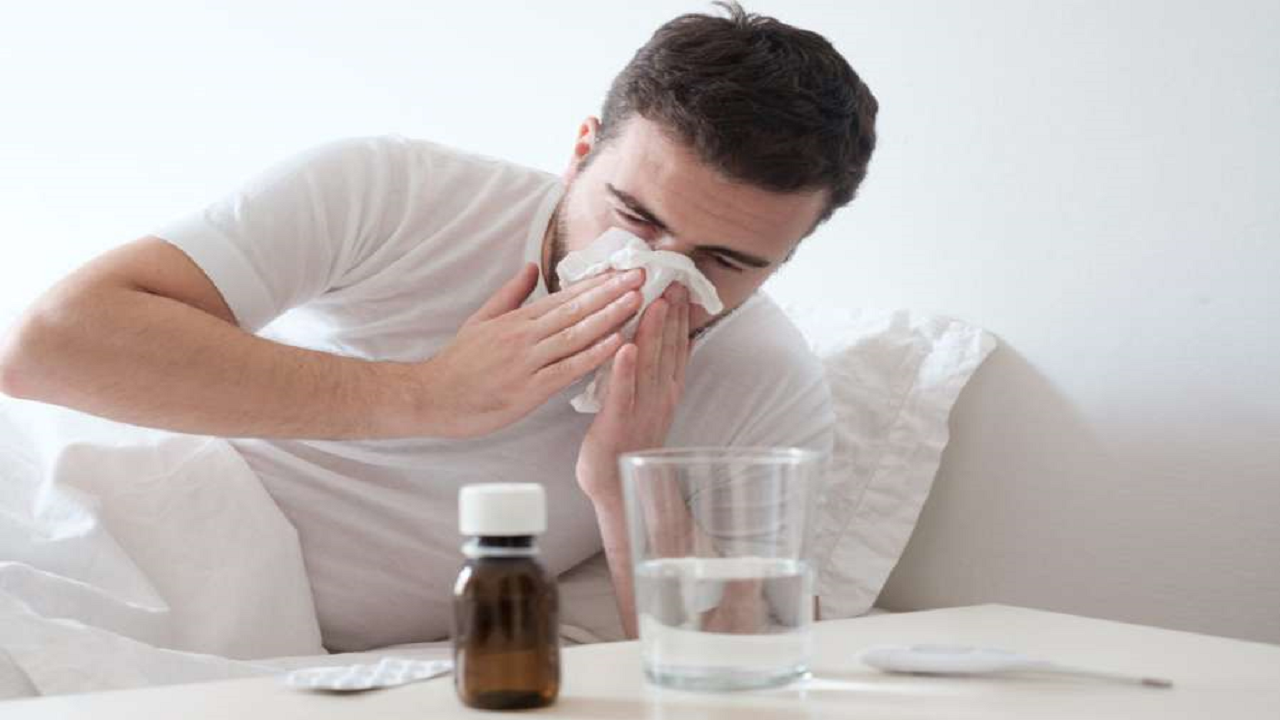Lower Your Risk of Getting the Flu
Flu season occurs every year between late fall and early spring, typically peaking in January or February.
There’s no way to completely guarantee your safety from the flu, but there are strategies to help prevent the spread of the virus.
Flu prevention strategies
There are five essential strategies to avoid catching the flu.
Get a flu shot
The flu shot isn’t 100 percent effective, but it’s still the simplest and most reliable method of flu prevention for people ages 6 months and older.
The flu shot can be easily scheduled with your doctor or at local pharmacies and health centers. It’s now available at many drugstores and grocery store clinics without appointment.
There are a number of special flu vaccines as well. They include a high-dose vaccine for those over 65 and a nasal spray for certain people between the ages of 2 and 50 who aren’t pregnant.
Other factors may prevent you from getting the nasal vaccine, such as cochlear implants, asthma, allergies, and the use of other antivirals.
If you’re severely allergic to eggs or mercury or you’ve had an allergic reaction to flu vaccine in the past, you should consult a doctor before getting vaccinated.
Wash your hands thoroughly with soap and water
Now more than ever, good hygiene is essential to protect yourself from the flu and other contagious diseases like COVID-19. More than any other part of your body, your hands come into contact with:
• the environment
• your surroundings
• germs
Your hands also interact with the passageways into your body, including your:
• eyes
• nose
• mouth
• ears
You risk picking up germs when you touch surfaces in public settings, such as:
• your offices and schools
• public transportation and air travel
• public spaces like parks and stores
• large gatherings like parties and events
To help reduce your risk of influenza or any other contagious infection, it’s vital that you wash your hands thoroughly several times a day. Wash them:
• after coming in contact with questionable surfaces
• after using the restroom
• before touching your mouth or face
• before eating
Avoid touching your eyes, mouth, and nose
You may already wash your hands regularly, but they won’t be clean every minute of the day. That’s why it’s important to avoid touching the areas of your body that most easily absorb germs.
Avoid crowds
While many of us are already self-quarantining during the COVID-19 pandemic, it’s also helpful to isolate yourself as much as possible if you suspect you have the flu.
Disinfect contaminated surfaces
High-touch areas like countertops, especially those in the kitchen and bathroom, are teeming with germs.
If you prepare a snack on a contaminated surface, chances are you’ll ingest those germs. Any object that children touch should be sanitized, including:
• toys
• faucets
• floors
• door handles





ارسال دیدگاه
مجموع دیدگاهها : 0در انتظار بررسی : 0انتشار یافته : ۰